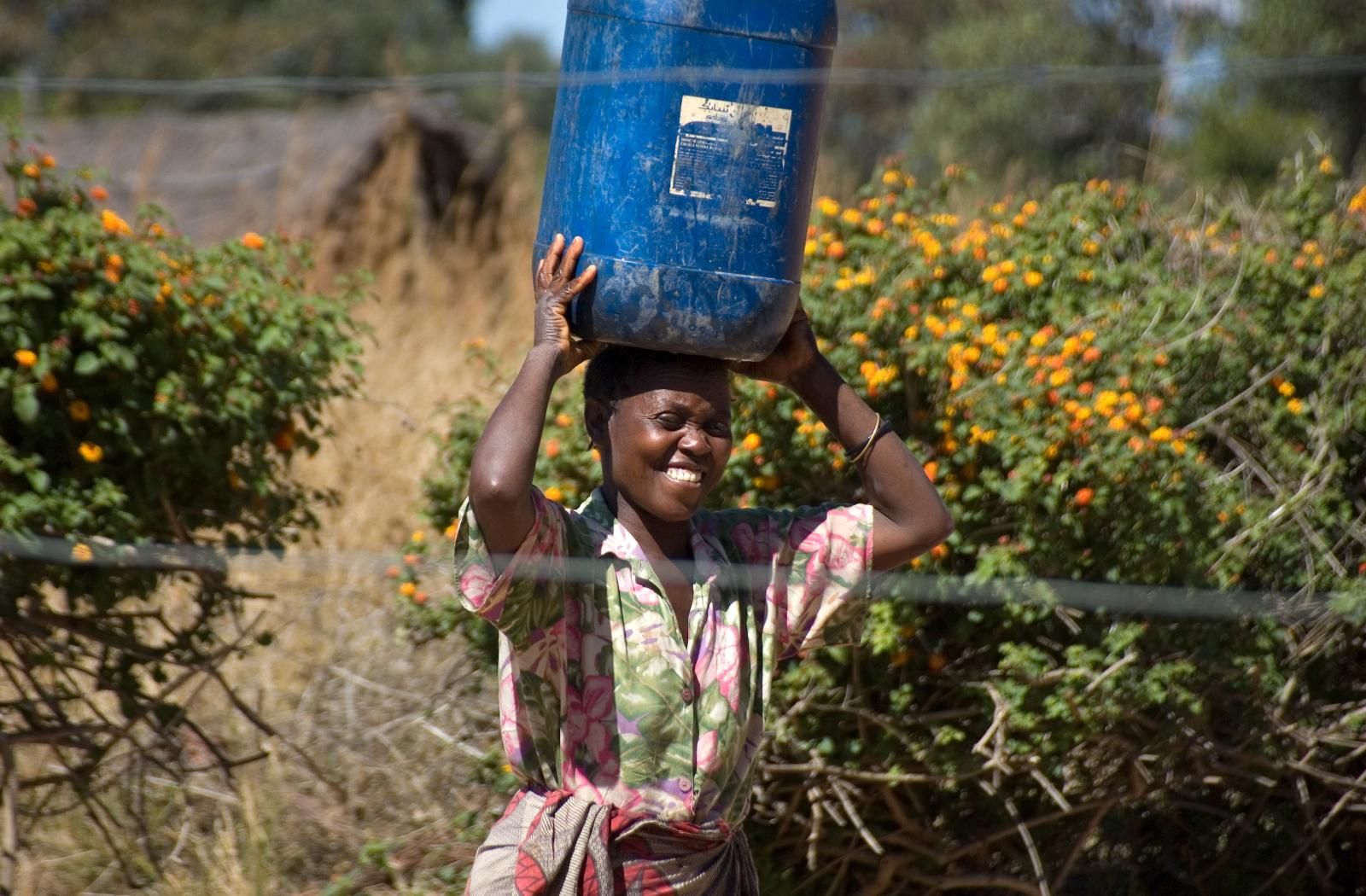The Commonwealth, February 24, 2023
How the Commonwealth is helping Zambia to manage a priceless hidden resource
There is a water crisis in Zambia – and it is deteriorating. Climate change has caused rainfall to dwindle, and in drought-prone areas, streams, rivers and lakes are drying up. Women and children are forced to walk longer distances to gain access to clean and safe water, while farmers must deal with lower crop yields and changing seasons. Millions of people’s lives and livelihoods are being impacted.
In this situation, groundwater resources such as springs, wells and aquifers become vital. Usually unseen and underfoot, groundwater makes up nearly a third of the world’s freshwater supply. It is critical during water shortages, while serving as an important water reserve during surplus periods. Groundwater resources therefore play an essential role in climate change adaptation and combatting food insecurity.
However, because groundwater cannot be seen, there is limited understanding of where it is located, which direction it flows and how it connects to the surface. Despite its crucial role in Zambia, it remains poorly mapped and inadequately governed. As Beatrice Kanyamuna Pole, a hydrogeologist with Zambia’s Department for Water Resources and Development (DWRD), puts it: “You cannot manage what you cannot see.”
The department also does not have the most recent technology for operational forecasts and systems. Instead, it faces a lack of modern equipment, data analysis tools and expertise in aquifer mapping. Inadequate financial resources to support exploratory drilling as well as a lack of skilled personnel are also hindrances.
To tackle this hurdle, the Government of Zambia enlisted the support of the Commonwealth Climate Finance Access Hub to draft a proposal that would support the mapping of aquifers, which are underground rocks or soil that hold water. The project proposal aligns with Commonwealth Call to Action on Living Lands, which seeks to coordinate action on climate change, land degradation and biodiversity.
Out of 174 applications submissions from across Africa submitted to the Adaptation Fund Climate Innovation Accelerator (AFCIA), the project was among four selected for funding, receiving US$250,000. It is currently being implemented by the United Nations Environment Program (UNEP) through its Climate Technology Centre and Network (CTCN).
Continue reading the full original article.



